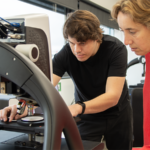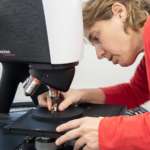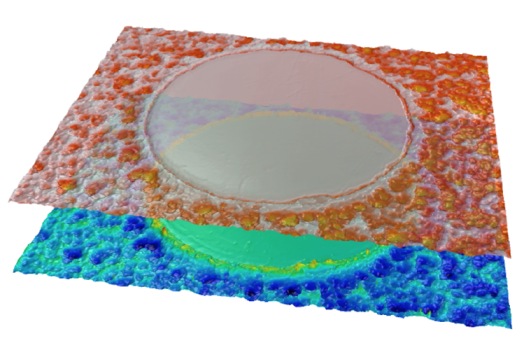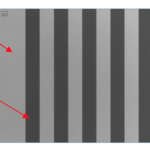
Development of a line-scan CCD-based fringe tracker for optical interferometry
In 2003 Agustí was awarded a Fulbright scholarship to carry out research on phasing of large segmented telescopes at the University of California, Irvine.
His research interests include optical metrology and phasing of large segmented telescopes and confer the Sensofar R&D group an outstanding position to always stay up-to-date in terms of innovation and the highest technological level.
Development of a line-scan CCD-based fringe tracker for optical interferometry full article
Agustí Pintó1, Ferran Laguarta1
1Center for Sensors, Instruments and Systems Development (CD6), Universitat Politècnica de Catalunya (UPC) Rambla Sant Nebridi, 10, E-08222 Terrassa, Spain.
Applied Optics, Vol. 45, Issue 26, pp. 6694-6701 (2006)
Abstract
Traditional high-precision optical techniques, such as interferometry, are in ever-greater demand for noncontrolled environments. This is the case for the UPC-ZEBRA, a large-aperture interferometer that was built to measure vertical discontinuities (i.e., piston errors) in segmented mirrors. The large mechanical systems used to drive the interferometer to the different measurement positions generate perturbations that are highly incompatible with the expected piston measurements on the nanometer scale. We introduce a new system based on a line-scan CCD to track interference fringes. The error signal obtained from this fringe tracker has been used in a closed-loop control system to actively stabilize the interferometer. The perturbation has been attenuated by a factor of 1/200.











